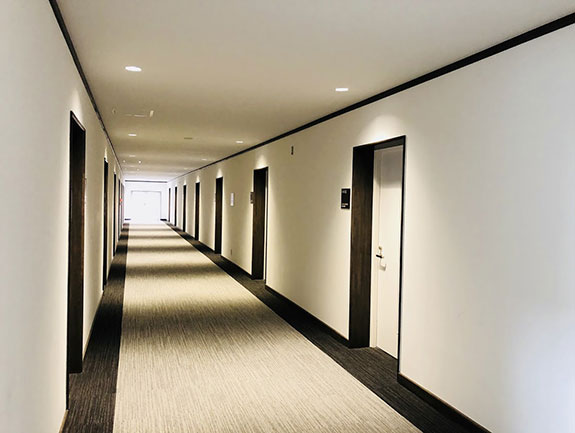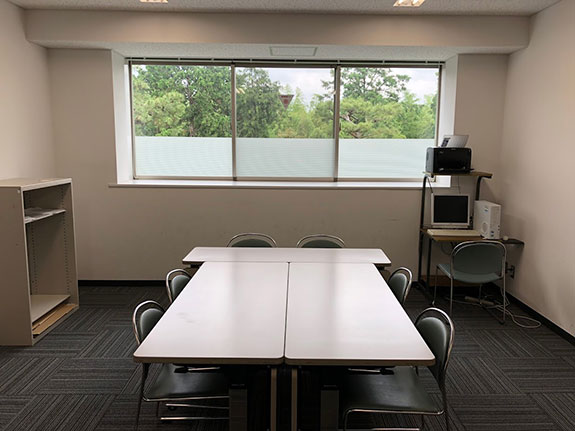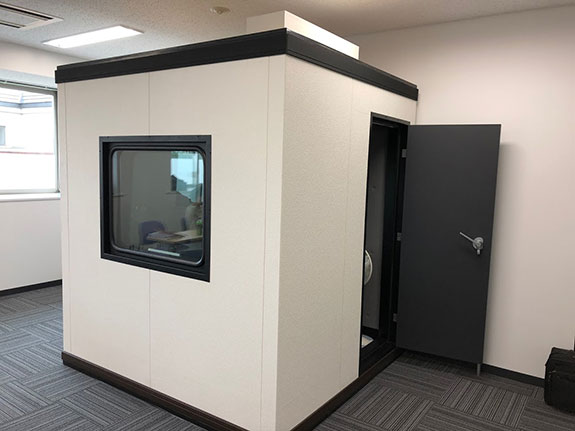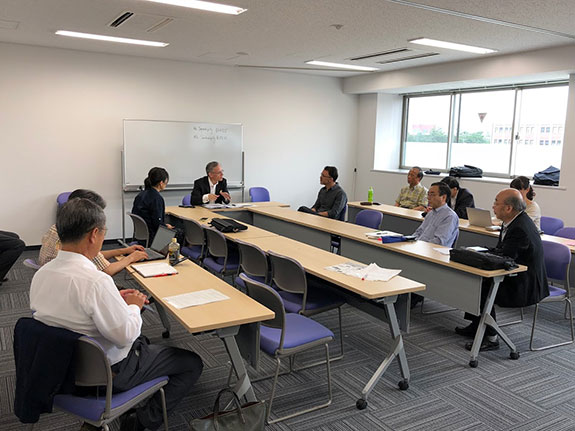
OUR SERVICE and FEES
Why Mediation?
Mediation is the process by which a mediator, who is an independent, impartial, and respected third party (called a conciliator or mediator), tries to resolve a disagreement of the opposing parties by helping and supporting them to negotiate and agree on a solution.
There are a number of significant benefits of mediation compared to litigation or arbitration.
1. Party’s Control of the Outcome of the Dispute:
In litigation and arbitration, a third party such as a judge or an arbitrator has definitive authority to give a binding decision on the dispute. The judge or arbitrator requires the parties to make arguments and produce evidence, and will make a finding as to the facts based on the evidence and apply the appropriate law to the facts to reach a decision.
In mediation, the parties have the authority to decide how to resolve their dispute and choose a mediator to help and support the negotiations between the parties. A Mediator does not have any authority to make a binding decision, but his/her skills are crucial for the success of the mediation process, to deal with not only legal issues or disputed matters but also emotional issues or future-oriented issues, with the goal of reaching a constructive resolution of the dispute between the parties.
2. Cost-effective and Speedy:
Litigation and arbitration costs are usually highly unpredictable, involving expensive legal fees for litigation and arbitration as well as the fee for arbitrators. Results can take from six months to a few years to be achieved.
Mediation on the other hand, as a voluntary process, is controlled and arranged by the parties to fit their own timelines and usually involves just enough time for some preparation and a one-day mediation session. The costs are consequently minimized and much more predictable for each party.
3. Greater Satisfaction:
In litigation and arbitration, parties focus on defeating the other party by arguing and producing enormous evidence. As a war of attrition, regardless of the outcome, both parties are usually exhausted and often dissatisfied with the cost, stress, uncertainty and acrimony associated with the dispute.
In mediation, a skilled mediator helps the parties focus on effectively communicating with each other and finding a mutually suitable resolution, as opposed to attacking one another and seeking the defeat of the other side. Mediation aims at forging constructive solutions to the problems at the heart of the parties’ dispute, reinforcing the positive relationship between the parties, and often enabling them to continue working together in the future.
Even in cases when the parties cannot reach a settlement on the day of the mediation session, it is common for the parties to continue negotiating with their improved relationship following the mediation because many issues have already been discussed and the parties have the motivation to expand on the progress that has already been achieved.
4. Confidentiality
In litigation, almost all arguments and evidence are part of the public record, so parties may be unable to keep the facts of the dispute and their important information confidential. This may seriously damage the business and reputation of both parties.
In mediation, all information, discussions, evidence, etc. are completely confidential and the parties do not have to worry about the disclosure of their confidential information.
Facility of JIMC Kyoto
JIMC-Kyoto provides venues at Doshisha University and Kodaiji-temple.
Venue at Doshisha University






Venue at Kodaiji-temple



About JIMC−SIMC Joint Protocol
JIMC-Kyoto and Singapore International Mediation Centre (SIMC) on September 2020 signed a Memorandum of Understanding to operate a joint protocol. The JIMC-SIMC Joint Protocol is thought to be the new collaboration between two international dispute resolution centres committed to providing expedited and effective route for resolving cross-border commercial dispute. The features of the mediation process based on the JIMC-SIMC Joint Protocol are as follows:
Please refer to the provisions of the JIMC-SIMC Joint Protocol at here for more details.
- A Party may file online to either JIMC or SIMC. The mediation is conducted fully online.
- JIMC-Kyoto and SIMC jointly administer mediation proceedings.
- In principle, two experienced mediators (one appointed by each center) facilitate the resolution of cross-border commercial disputes. For example, in the case of mediation between a Japanese company and a foreign company, two mediators are selected from the respective lists of JIMC and SIMC, who are familiar with the legal and cultural backgrounds of both Japan and the foreign country concerned.
- The fees for the mediation are user-friendly.
The JIMC-SIMC Joint Protocol (In case of 1-day mediation)
The Fee Schedule below applies based on the JIMC-SIMC Protocol, including Article 5. Parties making the mediation request through JIMC may refer to Table 1, while Parties making the mediation request through SIMC may refer to the equivalent rates in Table 2.
紛争価値 | 1当事者当たりの費用 (USD)* |
1,000,000USD未満 | 5,000USD |
1,000,000USD以上5,000,000USD以下 | 紛争価値の0.5%(但し、上限10,000USD) |
5,000,000USD超 | 紛争価値の0.2%(但し、上限12,000USD) |
Dispute Value (USD)
| Total fee payable per Party (USD)* |
Below $1M | $5,000 |
$1M-5M | 0.5% of Dispute Value, subject to a cap of $10,000 |
Above $5M | 0.2% of Dispute Value, subject to a cap of $12,000 |
*Fees may be subject to prevailing Goods and Services Tax in Singapore or consumption tax in Japan.
*Fees payable to JIMC shall be converted into Japanese yen by JIMC with reference to then
prevailing Japanese yen / USD exchange rate.
*Fees payable to SIMC may be converted into Singapore dollars by SIMC with reference to then prevailing Singapore dollar / USD exchange rate.
Mediation Fees at JIMC-Kyoto
Please see the Guide on JIMC Mediation Procedure for an overview of mediation under the Institutional Mediation Rules at JIMC-Kyoto.
Application Fee
The party or parties filing an application for mediation will pay an application fee of JPY 55,000 (VAT included).
The application fee is not refundable.
Administration Fees (includes the fee for facilities at Doshisha, and the Student Assistants’ fees ):
| When the amount in dispute is less than JPY 20,000,000 JPY 110,000 per party | |
| The amount in dispute is between JPY 20,000,000 and JPY 100,000,000 JPY 165,000 per party | |
| The amount in dispute is between JPY 100,000,001 and JPY 200,000,000 JPY 275,000 per party | |
| The amount in dispute is between JPY 200,000,001 and JPY 1,000,000,000 JPY 385,000 per party | |
| The amount in dispute is between JPY 1,000,000,001 and JPY 5,000,000,000 JPY 495,000 per party | |
| The amount in dispute is over JPY 5,000,000,000 JPY 550,000 per party |
※This administration fee includes the fees for using the facilities of Doshisha University and refreshments. If a mediation is held outside of Doshisha, such as at temples, shrines, conference rooms or hotels, the fee for such facilities will be added.
※Where the quantum of the dispute is not explicitly stated, the Center will determine the administration fee taking into account all circumstances of the case including indicators of the value of the dispute.
※The Center may charge an administrative fee in excess of the fees foreseen above in exceptional circumstances based on the perceived complexity of the proceedings. In this event, the Center will notify the parties of the exceptional circumstances and the administrative fee before the fee is charged.
Mediator Fees:
All matters related to the mediator’s remuneration, including the amount of the fees and expenses, as well as their administration and collection, will be determined between the parties and the mediator. The Center is not responsible or liable for these arrangements.

